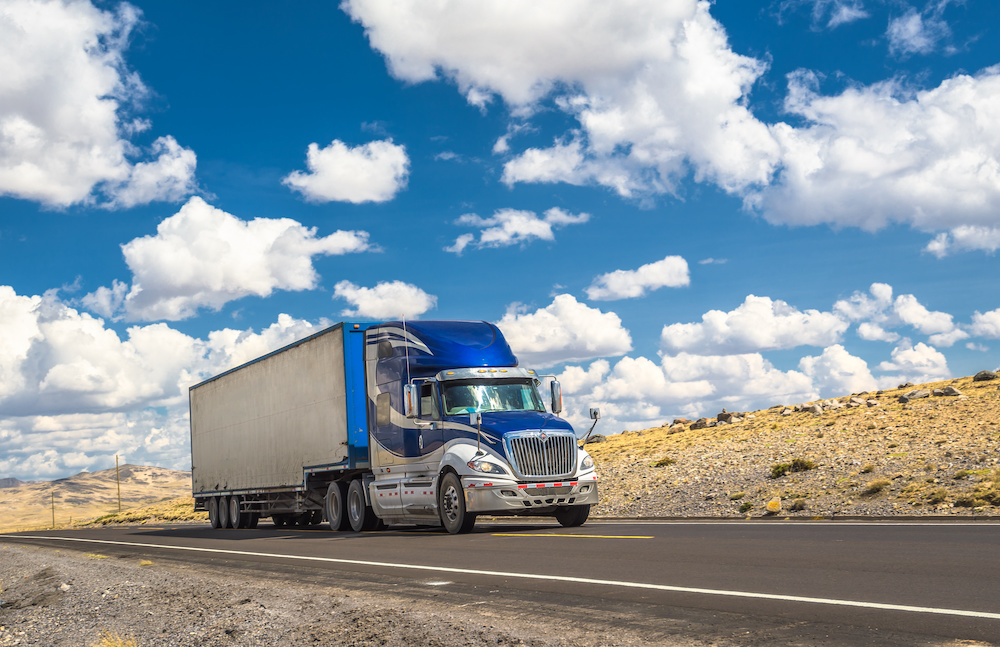What You Should Know About Interstate Moving Services Common Mistakes
What You Should Know About Interstate Moving Services Common Mistakes
Blog Article
If you’re considering an interstate move, you’re probably curious how to find the right moving company.
In this guide, we’ll cover everything from getting quotes to what to expect on moving day.
Keep reading to discover how much an interstate move costs.
Why You Should Hire Interstate Movers
Hiring a professional interstate moving company offers peace of mind during a stressful transition. Instead of worrying about loading trucks, professionals handle every step with expertise.
Another benefit of using interstate movers is access to proper equipment. They use secure packing materials that reduce the risk of damage.
Choosing a reputable interstate moving company saves time and reduces stress. You won’t have to rent trucks on your own.

How Much Does Interstate Moving Cost
The cost of interstate moving depends on several factors: services chosen. On average, a move across state lines can range from $2,000 to $7,000.
Don’t forget hidden fees like long carry fees. Reading the contract carefully helps avoid unexpected expenses.
Saving money on interstate moving is possible with smart planning.
Tips for Hiring an Interstate Moving Company
Asking friends or family for recommendations can also point you toward trusted movers.
Avoid companies that give quotes without an in-home or virtual survey.
What’s their dispute resolution policy?
Planning Your Interstate Move
Preparation is key for a successful saiba mais aqui interstate move. Start by creating a moving checklist at least two months in advance.
For fragile items, invest in high-quality packing materials or consider having professional movers handle delicate belongings.
Contact your leia maisacesse o endereco interstate moving company a few weeks before moving day to confirm details.
Problems People Face During Long-Distance Moves
Every interstate move comes with challenges. Delays in delivery are common, especially during busy seasons or bad weather.
Inventory your items and check them off during delivery to spot missing pieces immediately.
Budget overruns can also happen if hidden fees arise. Ask your interstate moving company for a breakdown of all charges before signing a contract.

Benefits of Using a Professional Interstate Moving Service
Movers have experience handling long-distance logistics, reducing your stress.
A licensed mover offers compliance with legal requirements.
With professional movers, you save time by avoiding the need to rent trucks, find helpers, or handle heavy lifting yourself.
How to Compare Interstate Moving Quotes
Binding not-to-exceed protects you if the weight is higher but lowers the cost if it’s lighter.
Are there extra charges for stairs, long carries, or fuel surcharges?
Compare company credentials alongside prices. A cheaper quote may not include professional staff.
Conclusion: Choosing the Right Interstate Moving Company
From comparing services, every step contributes to a smoother experience.
By following these guidelines, you can avoid costly mistakes and enjoy a more organized transition.
Take the time to get multiple quotes.
Frequently Asked Questions for Long-Distance Moves
What’s the average price for an interstate move?
Prices vary based on how far you’re moving, how much you’re moving, and whether you add services like packing or storage.
How do I choose an interstate moving company?
Get at least three written estimates and ask detailed questions about services, fees, and protection plans.
Is it cheaper to hire movers or rent a truck for an interstate move?
Consider distance, budget, and physical ability before deciding.
What’s the delivery time for an interstate move?
Most interstate moves take 3–14 days depending on distance and schedule.
Do interstate moving estimates include packing?
Quotes may include loading, transport, unloading, and basic insurance but not necessarily packing or materials.
Report this page